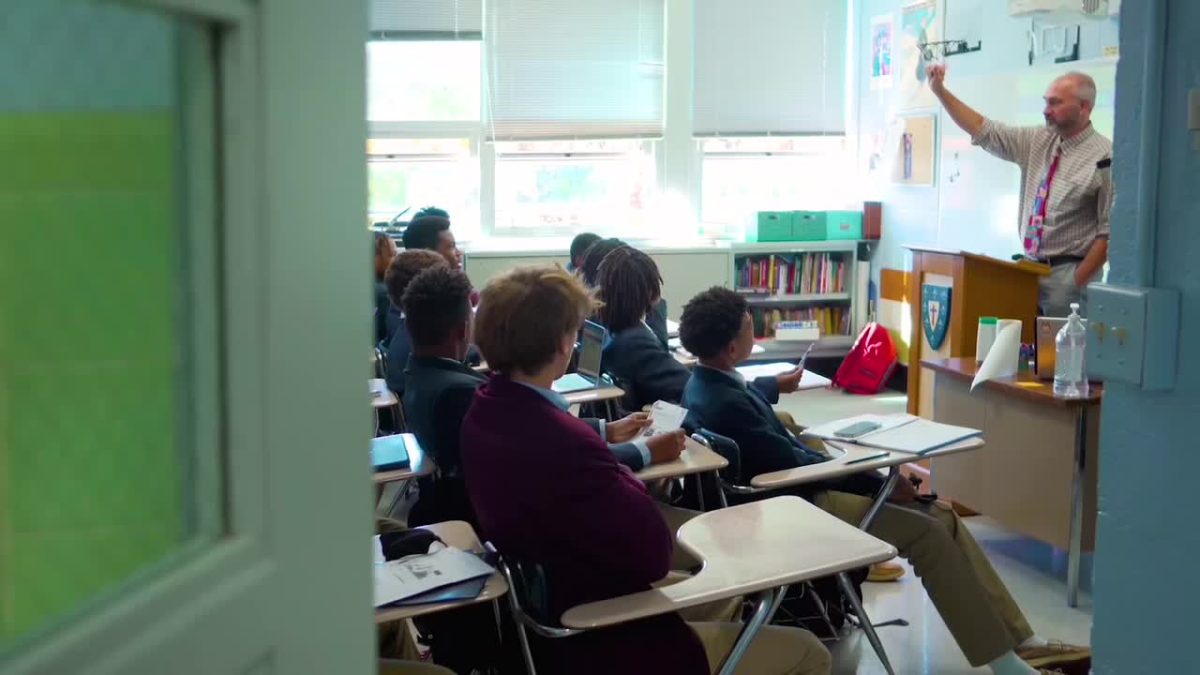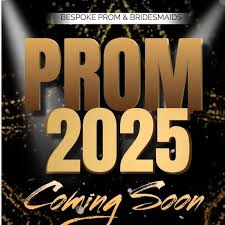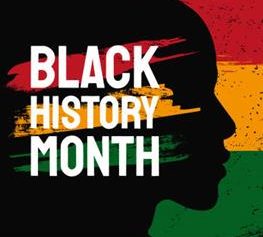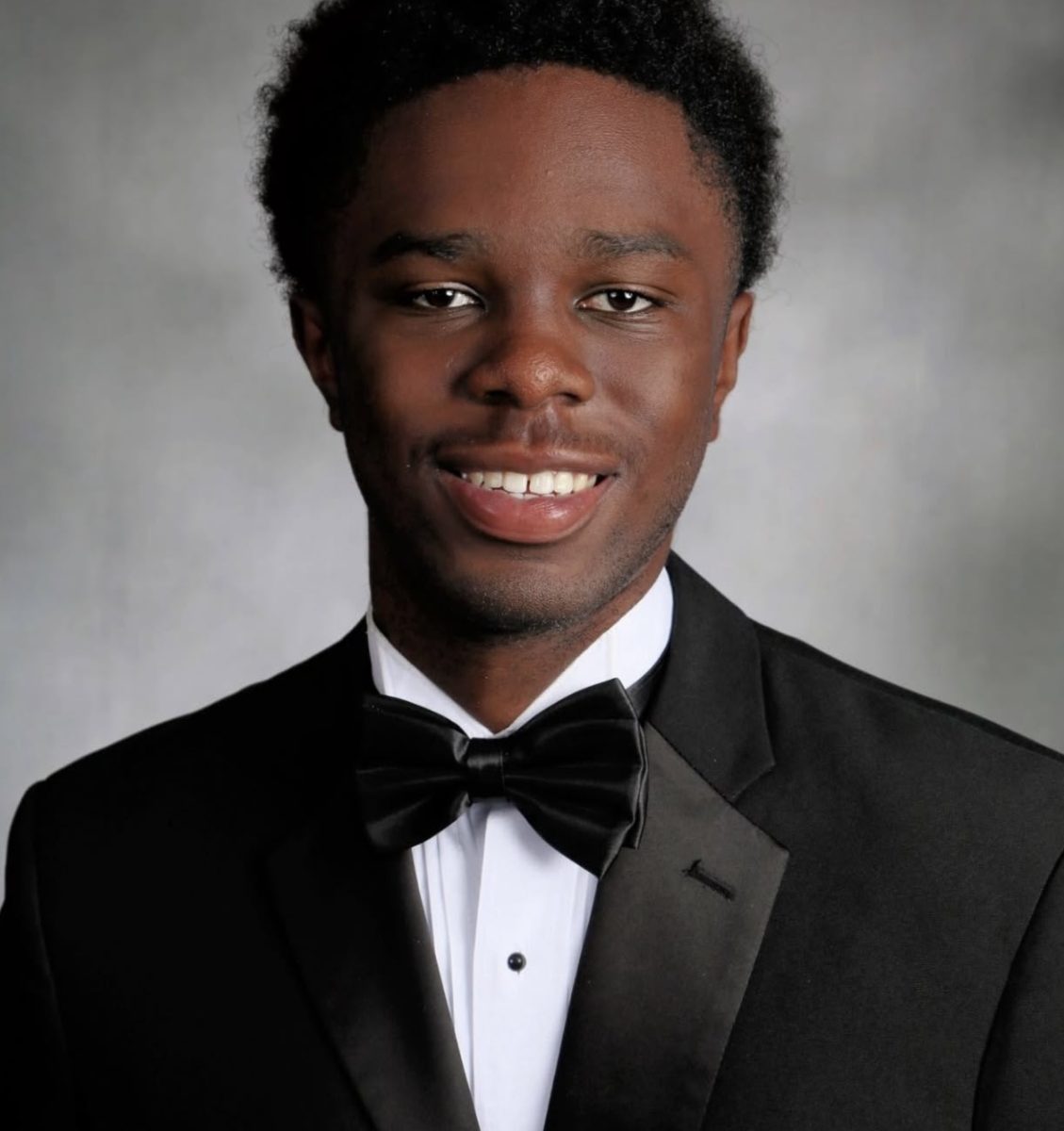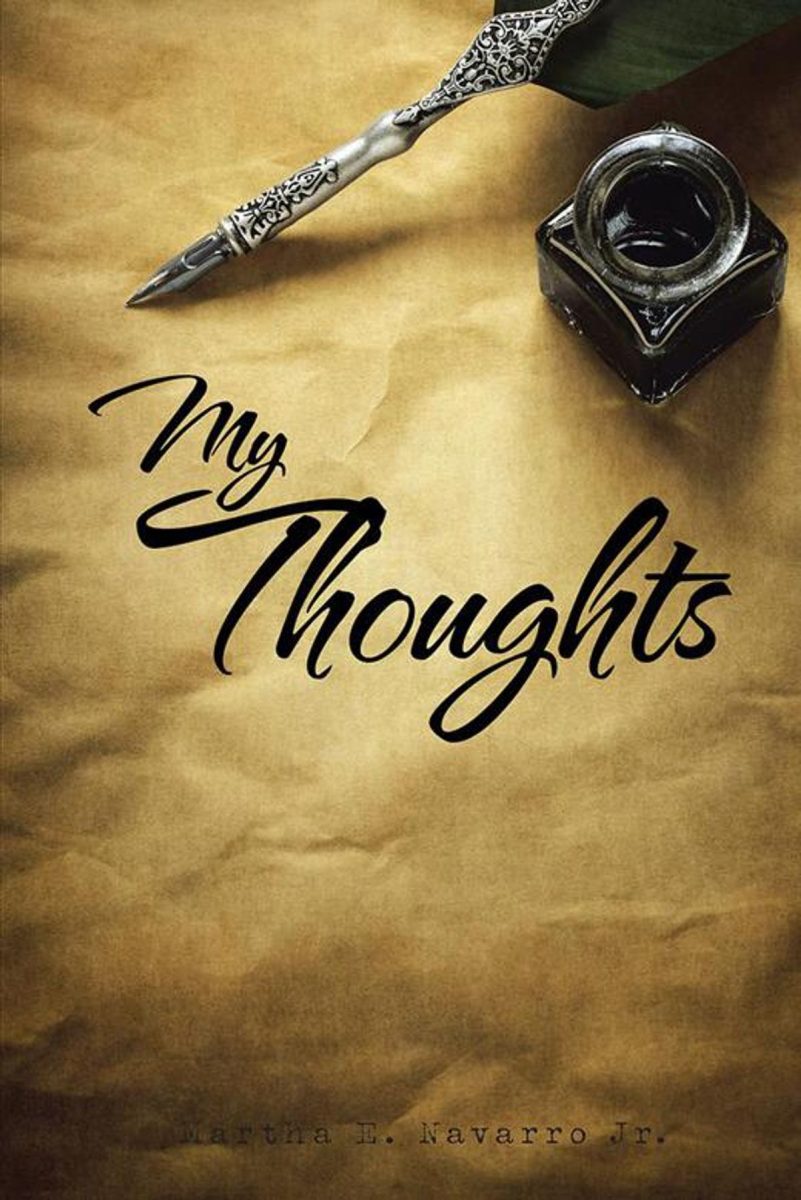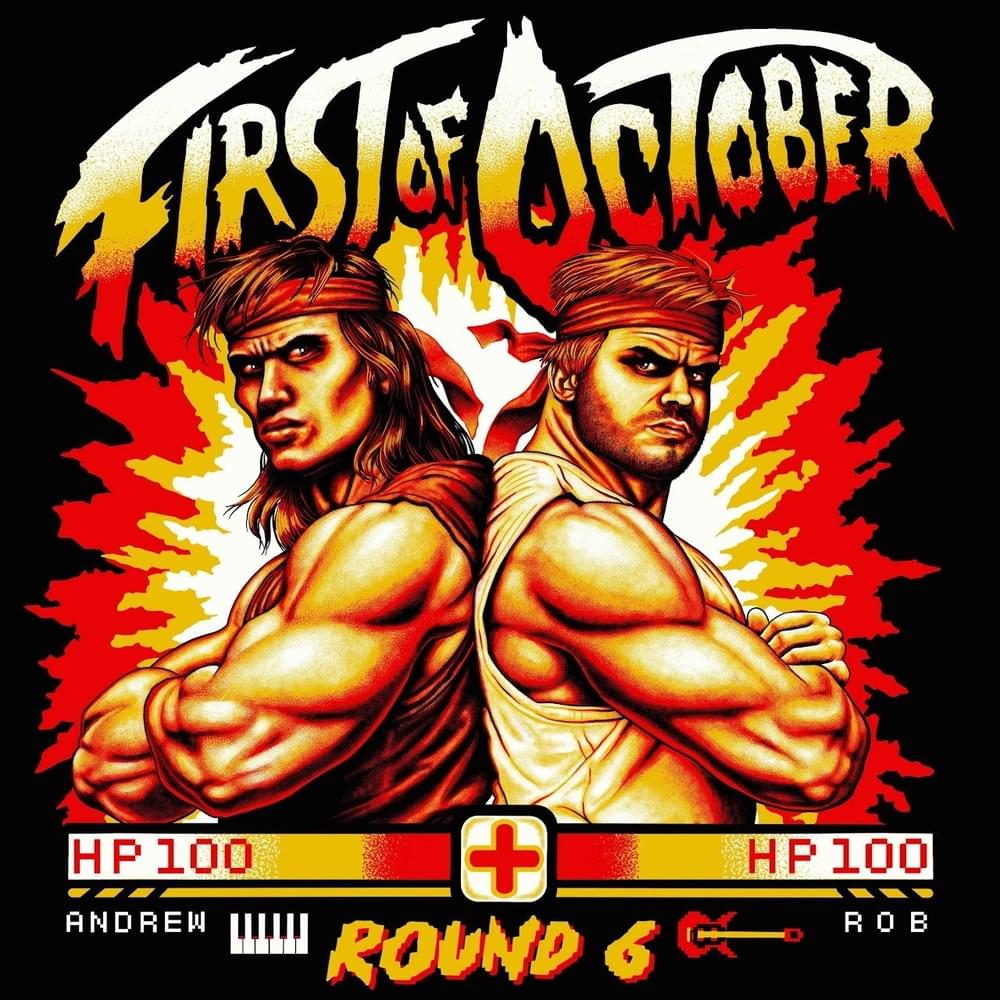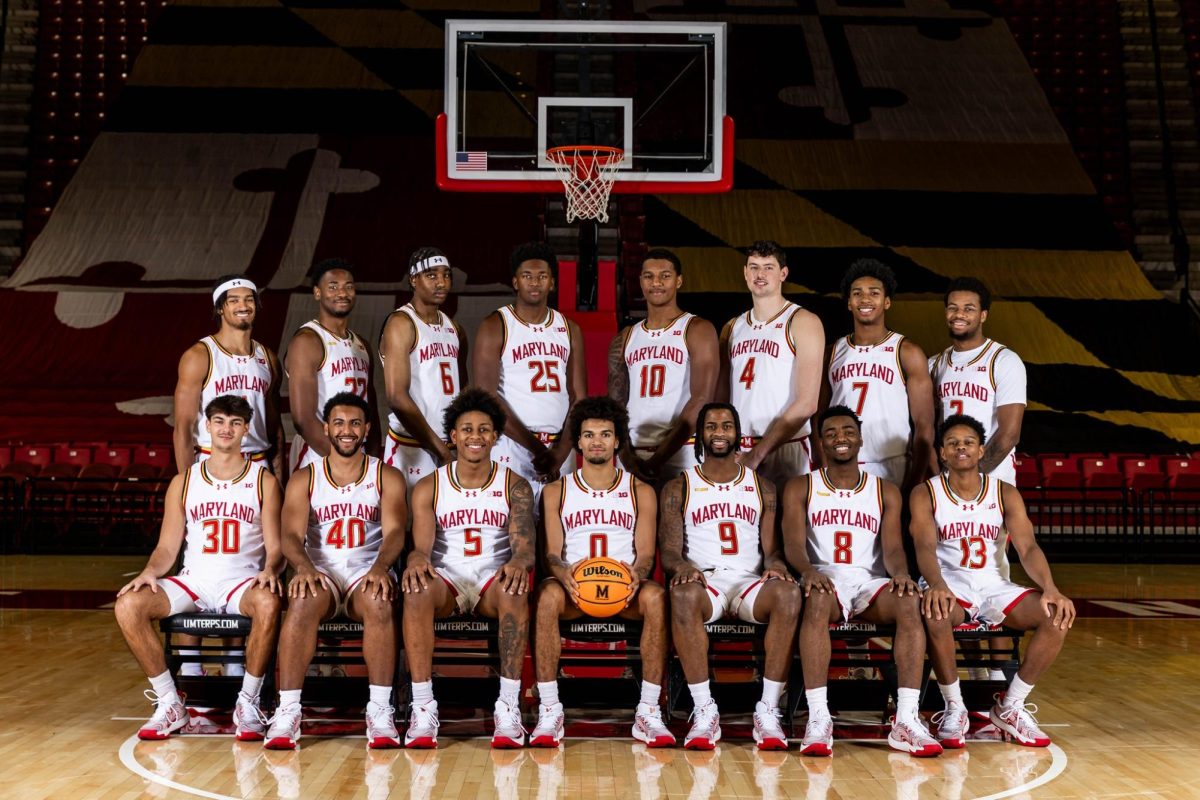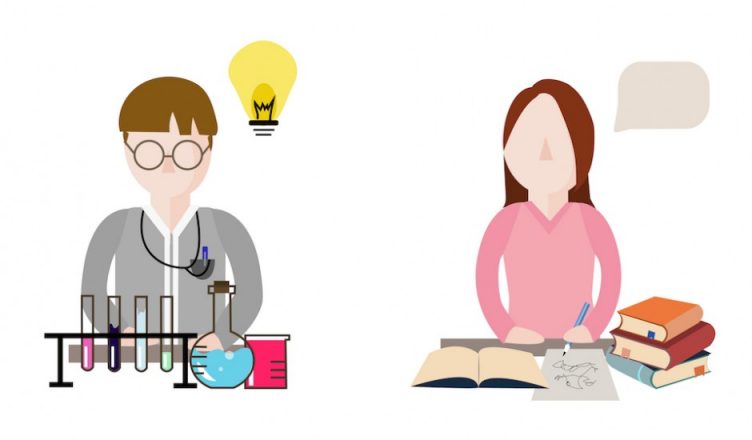STEM vs The Humanities at DeMatha
February 22, 2019
At the heart of the academic curriculum are two types of classes: STEM and the Humanities. STEM classes refer to science, math, engineering, and technology. The Humanities subjects include English, history, government, theology, philosophy, languages, and art among others. Many people argue that STEM classes offer a more pragmatic route into the real world with a sustainable career. Other people argue that the Humanities courses educate students on life and foster a basic understanding of the world through the fundamental skills of thinking, reading, and writing. Regardless, there are still other people who find equal value in both curriculums and feel that they should work together.
At DeMatha, different teachers have various perspectives on STEM and the Humanities.
Ms. Virginia Mentz, Science, Math teacher
“They are equally important to be a well-rounded person.
I think in a methodical and mathematical way. To me, math and science help us understand the world we live in. Without them, you can’t understand the world we live in, which helps us be creative [in the first place].”
Ms. Janet McGrath, English teacher
“Both studies are important.
You have to know how to read and write before you can become a scientist. You have to know what words mean.
When you know your literature, you can play in anybody’s garden. You know a little about everything, and you can talk to anybody about everything.
[STEM people] are fine, but they should be interested in the Humanities. To be well-rounded people, you need to appreciate the literature and the arts too. Machines can do math; they can’t be creative.”
Mr. Rick Reeves, Science Department Chair
“Science has more value. Science makes the world a better place to a greater extent than the Humanities. The Humanities teach us valuable lessons. Science is so much more necessary to the survival of humanity.”
Mr. Michael Curran, Social Studies Department Chair
“STEM and Humanities are equally important.
The Humanities provide a basis and foundation for everything.
STEM in schools is focused for career opportunities at higher levels, but I think the Humanities should be emphasized more in at all levels but especially elementary and secondary levels.”
Mr. Christopher Benedick, Science, Math teacher
“I have a background in STEM with two degrees in math and physics. There are a number of different disciplines, jobs, and occupations.
“It’s more tangible, more logical. My brain operates that way. It’s how I learned to think. You gain a level a maturity before you can read and think. There is also creativity with music and art.”
Ms. Marilyn Murphy, Foreign Language teacher
“Both classes are equally important. People from science and math need to know how to be good writers and thinkers. Humanities could benefit from science and math. They depend on each other.
I enjoy language and literature. I am a Humanities person, but I do love math. I wish I could’ve had more science classes. At the high school level, you have to be exposed to both.”
Ms. Gwen Marbury, Science teacher
“Neither one is more important than the other. They both have a place in our lives.
I prefer science because of the way that I think. I like the order, the accuracy, and the precision of science.
But I also am actually very interested in the Humanities. I particularly enjoy literature. I love reading books. It opens a window into the world. It makes you a balanced person.”
Dr. Daniel McMahon, Principal, English teacher
“The problem is a false binary between the two kinds of classes. People who might want to have a job, of course, develop a level of specialization; but, an integration of knowledge is important. Both [studies] support each other at the high school level. People should have a wide background in knowing how to approach problems. Both sides of the brain have to work together. We’d be a lot better as a culture if we concentrated on the corpus callosum (link between both hemispheres of the brain). There is a danger of an overemphasis of STEM or the Humanities. It is like when a person sees the forest but not the trees. Balance is so important.
Humanities can explore and see other perspectives, [which] science and math do not have.”
Mr. Kelly Lama, Mathematics Department Chair
“One of the beautiful things about math is that it quantifies and qualifies the world around us. It allows us to take the things we see and experience and compare them to make important decisions. Math requires strength in the Humanities. You need to be able to read, write, and understand language. They support each other.
But a lot of tools we use requires somebody with a mathematical mind to engineer.”
Fr. Damian Anuszewski, Theology Department Co-Chair, Accounting teacher
“All classes are important because they prepare one for college and the future.
It’s not so much academic [with Theology]; there is a faith element. It is not about helping one get to college. It is about helping one see life in a particular way. It teaches how one should life live. The type of person that [you are] is what’s important. That’s the role of Theology.”
Based on the various opinions of several DeMatha faculty members, it is safe to conclude that they unanimously find both types of classes valuable to education. Whether they prefer science and math or the Humanities, they still find that a balanced education is the best route for DeMatha.

